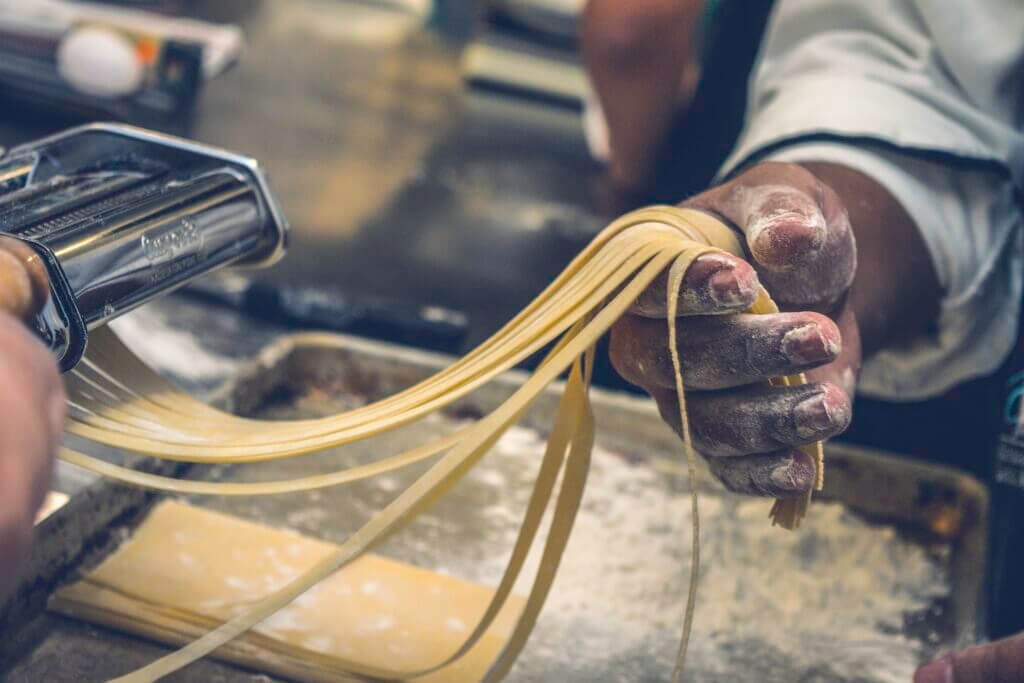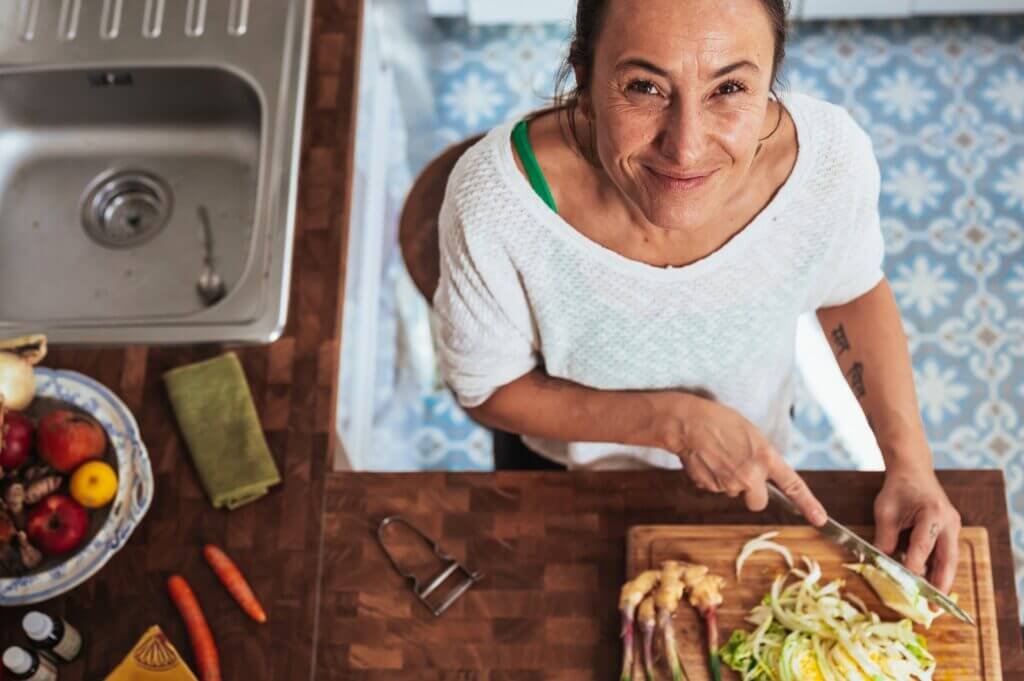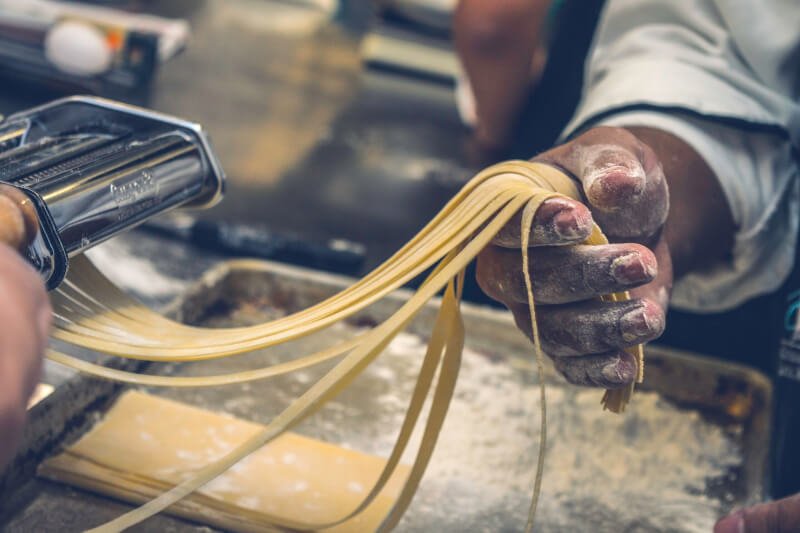Imagine you’re in the great outdoors, surrounded by breathtaking landscapes, and embracing the simplicity of nature. You gaze into the distance, feeling the warmth of the campfire on your skin, and can’t help but anticipate the delicious meals that await you. But before you embark on your outdoor culinary adventure, it’s essential to understand the different types of camping stoves and cooking methods available to you. Whether you’re a seasoned camper or just starting out, this article will serve as your ultimate guide, enlightening you on the various options and ensuring that you’re well-equipped for all your camping cooking endeavors.

Camping Stoves
When it comes to cooking while camping, having a reliable and efficient camping stove is essential. There are various types of camping stoves available in the market, each offering different fuel options and cooking methods. Let’s explore these different types to help you find the perfect camping stove for your outdoor adventures.
Liquid Fuel Stoves
Liquid fuel stoves are a popular choice among campers because of their versatility and reliability. These stoves use liquid fuels such as white gas, kerosene, or unleaded gasoline.
White Gas Stoves
White gas stoves, also known as naptha stoves, are specifically designed to run on white gas fuel. This type of stove provides a consistent and powerful flame, making it ideal for cooking meals quickly. White gas stoves are widely used by backpackers and mountaineers due to their compact and lightweight design.
Multi-Fuel Stoves
If you prefer more flexibility in fuel options, multi-fuel stoves are the way to go. These stoves can run on various liquid fuels, including white gas, kerosene, unleaded gasoline, and even diesel. Multi-fuel stoves are great for international travelers or those who face difficulty finding specific fuel types in remote areas.
Canister Stoves
Canister stoves are another popular choice for campers due to their simplicity and ease of use. These stoves are powered by small canisters filled with pressurized fuel, typically butane or propane.
Butane Stoves
Butane stoves are lightweight and compact, making them a convenient option for backpackers and solo campers. These stoves are easy to set up, and their small canisters can be easily replaced when empty. However, butane stoves perform better in warmer temperatures, making them less suitable for cold weather camping.
Propane Stoves
Propane stoves are more versatile than butane stoves, as they can operate effectively in both warm and cold weather conditions. Propane is known for its high heat output, making it ideal for cooking larger meals or boiling water quickly. These stoves are commonly used by family campers or those who prioritize high cooking performance.
Wood-Burning Stoves
For campers who prefer a more traditional and natural cooking experience, wood-burning stoves are a fantastic choice. These stoves utilize wood as their primary fuel source, allowing you to cook meals while enjoying the ambiance of a crackling fire.
Rocket Stoves
Rocket stoves are highly efficient wood-burning stoves that maximize heat transfer and minimize fuel consumption. They are designed with a combustion chamber and a chimney-like structure that creates a strong, directed airflow. Rocket stoves are perfect for eco-conscious campers who want to minimize their ecological footprint.
Hexamine Tablets Stoves
Hexamine tablets stoves, also known as solid fuel tablets stoves, are compact and lightweight cooking options for campers. These stoves use hexamine tablets as their fuel source. They are easy to transport and ignite, making them suitable for short camping trips or emergency situations.
Solid Fuel Stoves
Solid fuel stoves are reliable and straightforward options for campers who prefer a no-fuss cooking experience. These stoves typically use solid fuel tablets, such as Esbit, as their heat source.
Esbit Stoves
Esbit stoves are compact, lightweight, and highly reliable. They are designed to burn Esbit fuel tablets, which provide a consistent flame for cooking. Esbit stoves are popular among backpackers and hikers due to their simple design and ease of use.
Alcohol Stoves
Alcohol stoves are another lightweight and compact option for campers. These stoves use alcohol, such as denatured alcohol or isopropyl alcohol, as their fuel source.
Pressurized Alcohol Stoves
Pressurized alcohol stoves, also known as pressure stoves, utilize a built-in pressure system to vaporize and burn the alcohol fuel. These stoves offer a strong and consistent flame, making them suitable for cooking larger meals or boiling water quickly.
Non-Pressurized Alcohol Stoves
Non-pressurized alcohol stoves, often referred to as open flame alcohol stoves, do not have a built-in pressure system. Instead, they rely on a small reservoir of alcohol to create a controlled flame. These stoves are simple and lightweight, making them popular among ultralight backpackers.
Open Fire Cooking
If you’re a purist at heart and love the rustic charm of cooking over an open fire, open fire cooking is the way to go. This traditional cooking method allows you to connect with nature while preparing delicious meals.
Campfire Cooking
Campfire cooking involves using a traditional campfire as your heat source. You can cook directly over the flames or use a grill grate, tripod, or cookware to create a makeshift stove setup. Campfire cooking is perfect for roasting marshmallows or cooking hearty meals in cast iron pans.
Dutch Oven Cooking
Dutch oven cooking is a popular method of cooking over an open fire. A Dutch oven is a heavy, cast iron pot with a tight-fitting lid. By placing hot coals or embers both on top and beneath the Dutch oven, you can create an even heat source, perfect for baking bread, cooking stews, or creating mouthwatering desserts.
Cooking Methods
Now that we’ve explored the various types of camping stoves, let’s delve into the different cooking methods you can utilize while camping.
Boiling
Boiling is one of the simplest and most common cooking methods while camping. It involves heating a liquid, usually water, to its boiling point.
Using a Pot on Stove
If you have a camping stove with a pot support, simply place a pot with the desired liquid on top and ignite the stove. Once the liquid reaches its boiling point, you can add ingredients such as pasta or rice to cook a delicious meal.
Using a Jetboil System
Jetboil systems are all-in-one cooking solutions that are specifically designed for boiling water quickly. These systems consist of a stove and a compatible cooking pot that integrates with the burner. Jetboil stoves use a highly efficient heat exchanger to maximize fuel efficiency and provide fast boiling times.
Steaming
Steaming is a healthy and flavorful cooking method that allows you to cook food using the steam generated by boiling water.
Using a Steaming Basket
If you have a pot with a steaming basket, add a small amount of water at the bottom of the pot and bring it to a boil. Place the food you want to steam in the steaming basket, cover the pot, and let the steam cook your food to perfection. This method is great for vegetables, dumplings, or seafood.
Using a Steam Box
A steam box is a portable device that allows you to steam food without the need for a stovetop or pot. It consists of a sealed container with perforations and a heating element. Simply place your food inside the box, add water, and turn on the heating element. The water will vaporize, creating steam that cooks your food evenly.
Grilling, Frying, Baking, Simmering, Roasting
These cooking methods are also possible while camping using suitable equipment and cookware. Grilling involves cooking food directly over an open flame or using a grill grate. Frying requires a stove with a suitable frying pan or skillet. Baking can be done using Dutch ovens or specialized camping ovens. Simmering is a low and slow cooking method, perfect for stews or soups. Roasting involves cooking food in a covered container, such as a campfire Dutch oven.
With the wide variety of camping stoves and cooking methods available, you can elevate your camping meals and enjoy delicious and satisfying food while exploring the great outdoors. Remember to choose a stove that suits your needs and preferences, and always prioritize safety when handling open flames or operating stoves. Happy camping and happy cooking!




